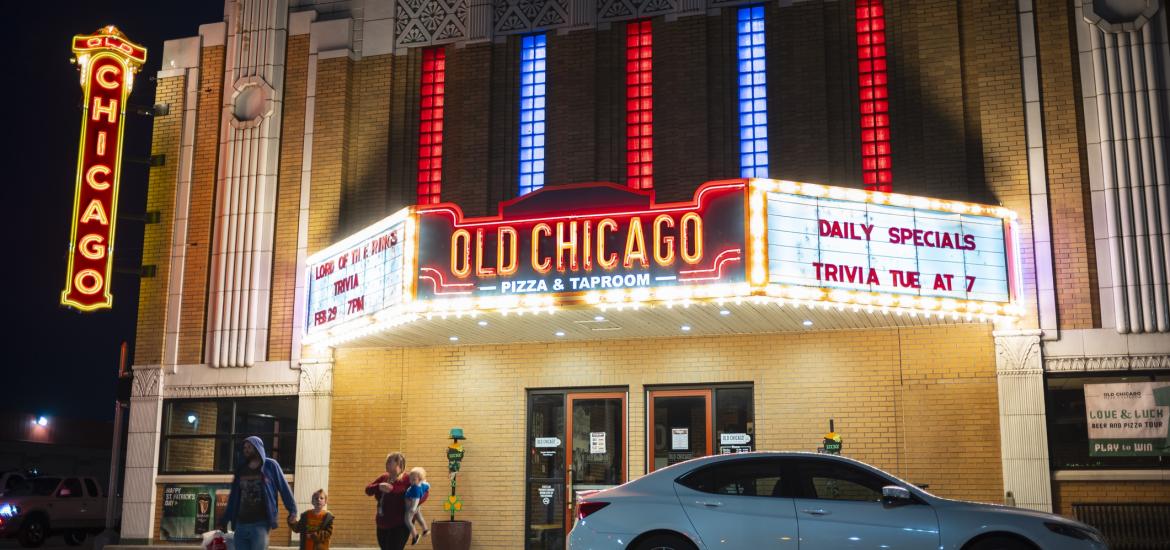
ASCO 2024 preview – waiting for Blueprint and Caribou
Just-released abstracts leave investors hungry for details on BLU-222 and CB-010.
Just-released abstracts leave investors hungry for details on BLU-222 and CB-010.

Investors who have been waiting for new data on Blueprint Medicines’ BLU-222 and Caribou Biosciences’ CB-010 will have to wait a bit longer. ASCO abstracts on both projects reveal little beyond what’s already been reported, leaving the conference itself as the big event for these companies’ backers.
Both projects will feature in ASCO posters. For Blueprint the conference could be an opportunity to tempt a partner, while Caribou wants to show that its project can rival autologous Car-Ts, with a big focus on durability.
Combo Blueprint
BLU-222 is a CDK2 inhibitor, and this target is becoming increasingly popular, with the likes of Pfizer, Incyte and AstraZeneca all trying to find a therapy for HER2-negative breast cancer patients who’ve relapsed following a CDK4/6 inhibitor. However, across the pipeline there’s little data to go on, so Blueprint and its peers have much to prove.
ASCO will see data from the phase 1/2 Vela study, testing BLU-222 both as monotherapy and in combination with Faslodex and Novartis’s CDK4/6 inhibitor Kisqali. At least year’s ASCO one partial response was seen among 27 late-line breast, endometrial and ovarian cancer patients receiving monotherapy.
The first combo data are expected at this year’s meeting, but the abstract only reveals that this regimen was “well tolerated” in an initial cohort of 11 breast cancer patients.
Tolerability is an open question for BLU-222. As previously disclosed, two monotherapy patients experienced dose-limiting toxicities, at 600mg and 800mg twice daily, but despite this the abstract notes that maximum tolerated dose has not been reached.
Pfizer’s contender PF-07104091 is the only other project to yield data so far, with monotherapy producing three partial responses among 16 post-CDK4/6 inhibitor breast cancer patients in a phase 1 study. But tox also looked problematic, with five DLTs seen in the 35-patient safety population. Pfizer is also now testing combinations.
Blueprint is looking to partner BLU-222, but to attract a suitor it might need to show more.
Caribou countdown
Meanwhile, the abstract on the Antler trial of Caribou’s allogeneic CD19 Car-T CB-010 contain the same efficacy results reported last July, from 16 patients in the dose-escalation phase.
The poster is set to detail initial safety and efficacy on the first 30 patients enrolled in dose expansion, as well as “translational data”, which will include an analysis of patients with partial HLA matching; the company has mentioned better efficacy in patients receiving product from a matched donor.
Durability will be important: while other allogeneic players have only seen short-lived responses, Caribou reckons it has solved this problem by incorporating a PD-1 knockout designed to prevent premature T-cell exhaustion.
In dose escalation CB-010 led to a 44% six-month complete response rate, so Caribou will no doubt hope to see similar or better in dose expansion.
Caribou recently joined the growing group of Car-T players with plans to evaluate their projects in autoimmune disease.
The ASCO annual meeting takes place in Chicago on 31 May to 4 June.
1431













